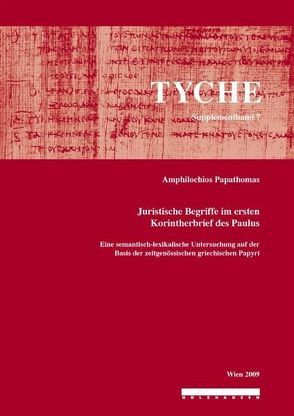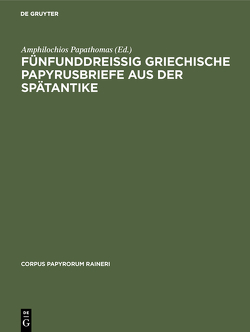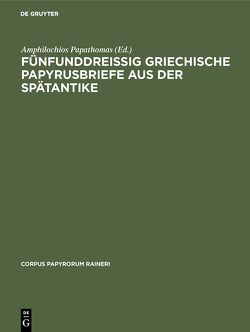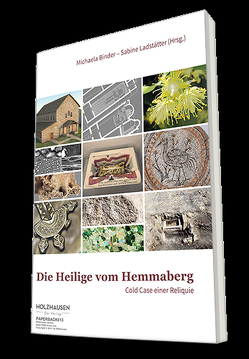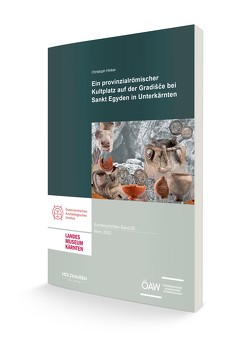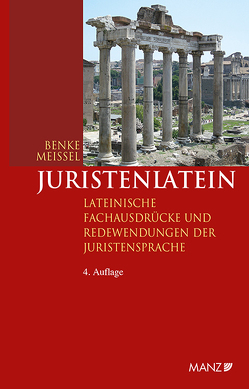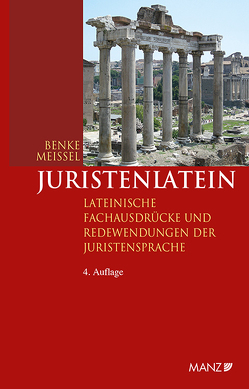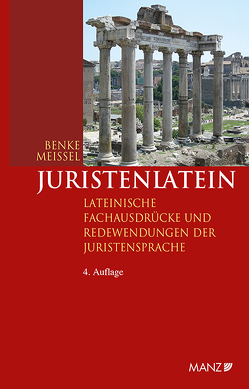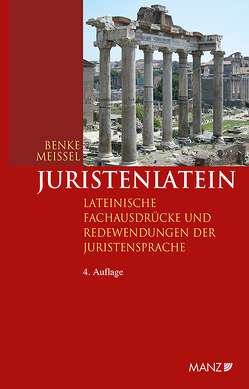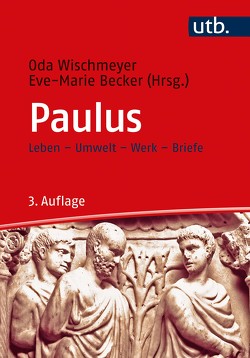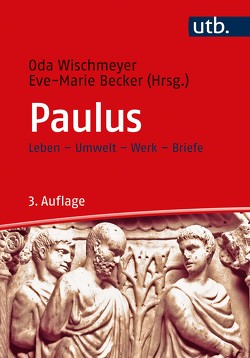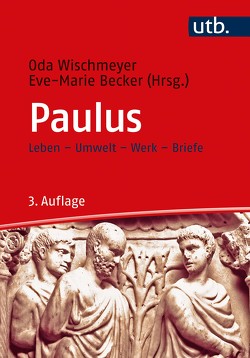Tyche Supplement 7 (2009)
Juristische Begriffe im ersten Korintherbrief des Paulus
Amphilochios Papathomas
The monograph examines the numerous terms of legal nature which occur in the apostle Paul‘s first letter written to the Corinthian religious community. It will be demonstrated that the number of these terms is substantially higher than what has until now been generally believed. Their incidence is not only limited to passages in which the conduct of Corinthian Christians relative to legal disputes and other judicial procedures is discussed, but rather throughout the entire letter. The legal terms are systematically analyzed in consideration of the background created by the Greek documentary papyri and ostraca. In this way the lawful dimension of the letter‘s vocabulary is made plain. This vocabulary must have been immediately recognizable for the ancient Christian, but is today in many passages not readily identifiable for the modern reader. Moreover, this inquiry will evaluate how accurately Paul knew the legal terminology of his time and to what extent he drew on the standard legal jargon or digressed from it. This becomes clear through; examination of his use of familiar words in such an arrangement as afforded nuances in the meaning, his introduction of novel combinations of concepts as well as his use of nontechnical language and ideas from pagan and Jewish literature. In this way the degree in which his phraseology and ideas reflected the actual legal practice of his time will be evidenced. How many of the legal terms of the first letter to the Corinthians are borrowed from court language and characterized real judicial procedures or institutions will also be shown. Examined parallel to this is which, and how many, legal terms were used metaphorically and served to communicate to the members of the Corinthian religious community, and
Christians in general, the essential subject matter of the new faith and important standards for the early Christian everyday life by way of the familiar illustration of legal practice. In conclusion, the findings of the study on the Pauline use of legal terms will be evaluated for better understanding of the apostle‘s rhetoric.
